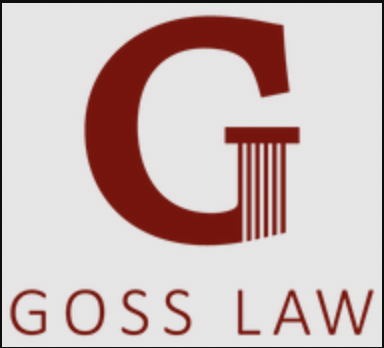Criminal Case
What does Criminal Case mean?
A criminal case, also called a criminal suit, is filed against a defendant (person or organization) by the state or government for committing public wrongs, which are defined as “crimes” within the laws and statutes of the particular state, government or locality.
A criminal case differs from a civil case in that the offense is a crime, rather than a negligent action or inaction which causes injury or loss to another party. Crimes can cause civil offenses, assuming the crime injured another party, but not all civil offenses rise to the level of criminal charges.
Criminal cases have a high standard of proof, generally beyond a reasonable doubt, which must be met in order to convict the alleged offender. It is up to the state to provide evidence to the judge or jury which convinces them of the alleged offender’s guilt. If the state fails to prove their case, because the assumption is “innocent until proven guilty,” the court should find the defendant not guilty.
A decision of not guilty, however, does not necessarily mean the defendant did not commit the crime, but rather that the court did not meet the necessary burden of proof to prove their case.
What penalties can I expect if charged in a criminal case?
Crimes are categorized as felonies and misdemeanors. Misdemeanors are lesser offenses; felonies are more severe. If you are charged with a felony criminal action you will not only face high fines and penalties, you can be incarcerated from one year to life in prison. Misdemeanor charges generally carry less fines and penalties of less than one year in prison.
Know your rights if you are arrested
If you are arrested for a criminal offense it’s important that you understand your rights. You have the right to hire a lawyer and you have the right to remain silent. Do not talk to the police before you talk to your attorney. Although you may give general information to the police such as your name, address, and date of birth, do not answer any questions about the alleged crime. Do not sign statements, do not allow the police to video record you, and do not try to outsmart the police. They are trained professionals with the experience to get you to incriminate yourself.
Related Pages
Lawyers near
Term of the Day
Abuse of a child
Abuse is any act against a child which results in death, serious physical or emotional harm, or sexual abuse.
Category: Adoption







